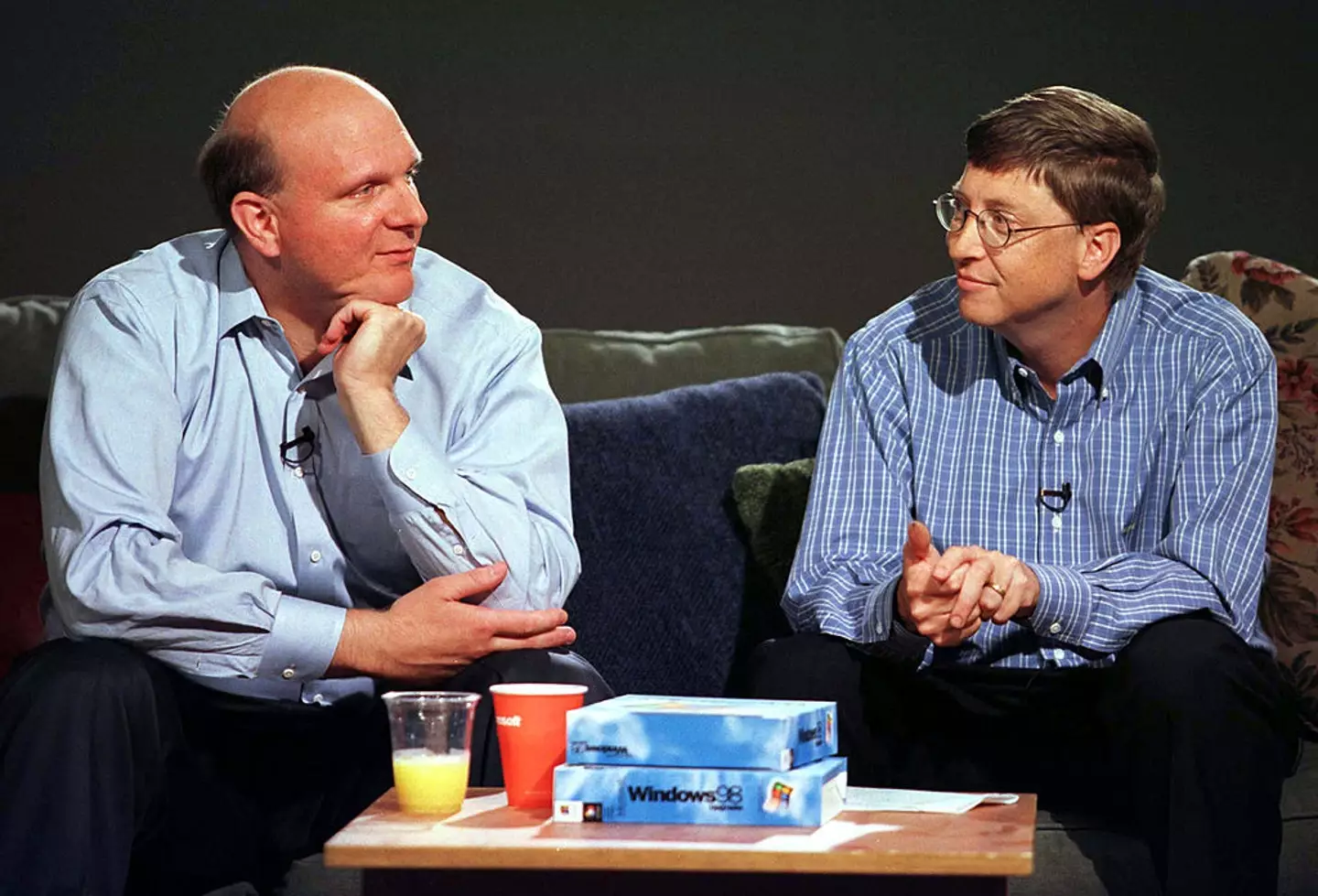.jpg)
Landing an interview at a prestigious company like Microsoft is hard enough without having to worry about answering trick questions in your final showdown with the boss.
No, not that boss - Bill Gates stepped down as CEO in 2000 from the company he co-founded in 1975, but as you walk in your met by his successor, Steve Ballmer.

The 68-year-old was the chief executive officer of Microsoft from 2000 until 2014, and Forbes reports he has a net worth of $121.4 billion. In fact, the publication ranks him as the 10th richest person in the world - four positions ahead of Gates who sits at $103 billion.
Advert
Just six months after his retirement, the Detroit born Michigan State billionaire purchased the NBA outfit the Los Angeles Clippers, so yes the man's got money.
Now, Ballmer has sat down with Bloomberg to discuss 'how to pass an interview' where he revealed he asked the same trick question to every job candidate and revealed the correct way you should go about answering it.
"I think you want to understand the person, their motivation, I think you want to understand their academic records - because most of these are folks coming off college campuses, and I think you want to understand people's ability to problem-solve," he explained.
Well, that's exactly what interviews are for yes, he then continued: "I always gave this problem to kids: I'm thinking of a number between one and 100, you can guess after each guest I'll tell you whether high or low - [if] you get it the first guess, I'll give you five bucks, four bucks, three, two, one, zero, you pay me a buck, you pay me two."
He then proceeds to play the game with Bloomberg's host Emily Chang who went about it strategically guessing 50 at first, then ended up guessing Ballmer's number - which was 59 - in seven guesses.
So what does he actually learn from the process?
Ballmer explained he's looking for someone who understands that they need to step back and really ask themselves whether or not they should expect to win or lose money.

He continued: "There's two things that are true probabilistically - will you make or lose money, you will lose money.
"There are far more numbers on which you lose the numbers on which you win - even with your strategy, and number two I can pick numbers specifically that are hard for you to get."
Chang then asked: "Okay so I should say I don't want to play the game?"
To which Ballmer mimed 'yep', and so Chang follows up and asks how many people have actually said they wouldn't play the game.
"Literally, there's one guy interviewed at Purdue [University] and he said well here's the answer and he actually wrote down, this quickly, I gave him the problem and he said 'well here's the answer' - wrote it down and said this is the expected value of the game."